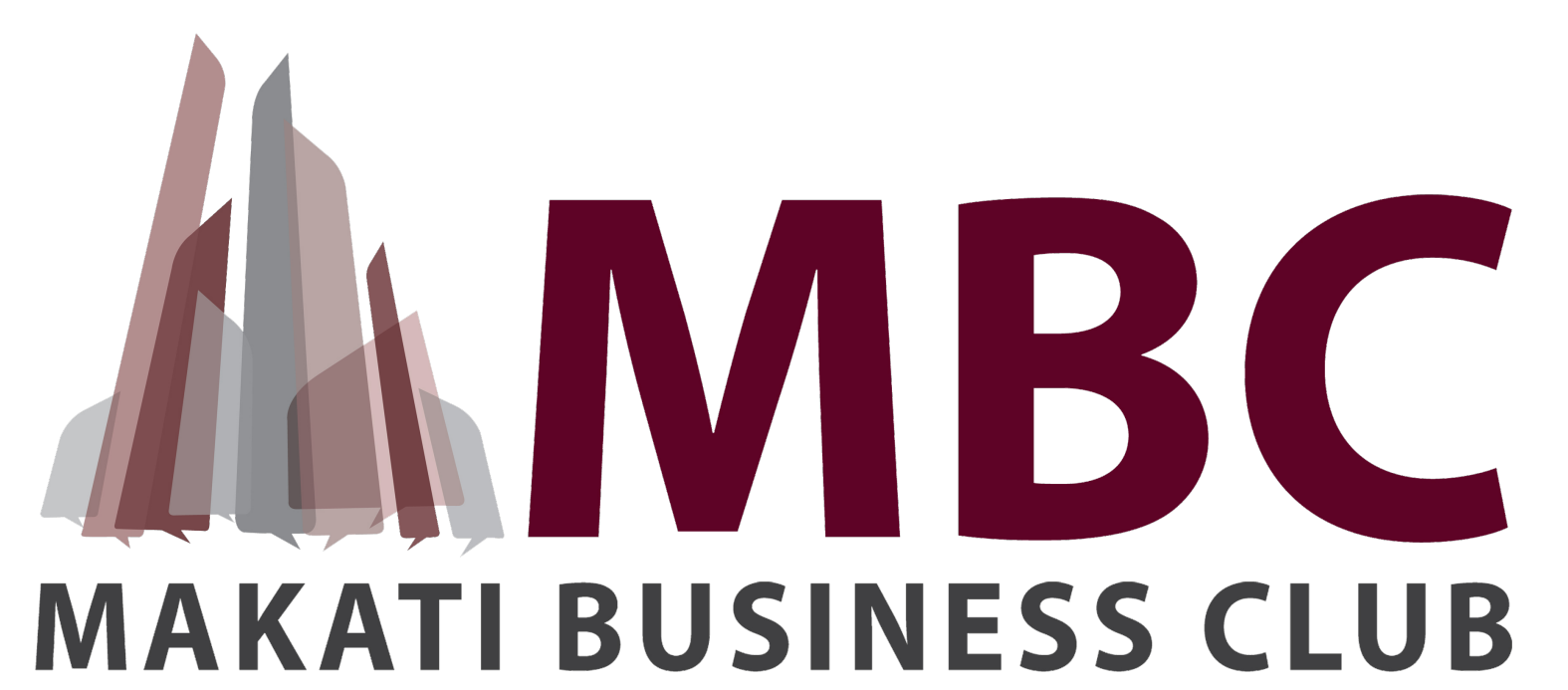By: Guillermo M. Luz
If there’s one thing that COVID-19 taught us, it’s that we are going to have to move to a much more digitally enabled world in the future. Over these last two months of enhanced community quarantine (a.k.a. lockdown), many of us have had to use more technology and digital services than ever before. From work meetings to communicating with family, ordering supplies, reading news, social media, and entertainment, digital use is up. This may have covered only a fraction of the population, but it’s a trend which is bound to rise.
By all accounts, this trend will continue. As we transition from enhanced community quarantine to modified enhanced community quarantine to general community quarantine to modified general community quarantine to new normal (and to every new stage in between), this transition will take time, effectively locking parts of the population down. And even when things open up, in reality they won’t be that open. A vaccine seems a bit off into the future, and this coronavirus may end up recurring like a seasonal flu.
As society and the economy open up, the practice of social distancing will alter the way we do business and government and force new business models and practices upon us. Some of these changes may be temporary, but in all likelihood, most may become permanent fixtures in our lives. Some should probably become permanent, because they will be changes that benefit all.
Some of the changes will be obvious to spot because they have already been on the scene, like e-commerce. With retail shut down for the last two months, those businesses with an e-commerce platform or that have started one up quickly have been winners in this game. Their ability to take orders and payment, and deliver goods, have enabled them to survive this crisis. In many cases, they have even thrived and done better than their traditional business models. Logistics businesses—when their workers can get to the workplace—have also ridden this wave. Both will come out of this crisis probably doubling down on the digital side of their respective businesses.
The education sector will undergo some deep changes. Social distancing will keep classroom sizes small and less dense compared to before. It’s hard to imagine that schools will be able to extend into more shifts of classes (or if they can even afford to), so online education will be one obvious route to go through. Except, it’s not as easy or obvious as it sounds. Even if courseware were modified to go digital, teachers will need to be trained. More importantly, students will need to be equipped and the telecommunications infrastructure will need to be beefed up so services are both accessible and affordable. However, this may be one of those changes that should be permanent, as this is a direction education should go into anyway.
In my opinion, the biggest move for digital services should be in government, both national and local. If there ever was a time to cut red tape by going into online government services, this is it. Under normal circumstances, people need to commute to several government offices and spend a long time in queues to obtain permits and licenses and make payments for a single transaction (think of government procurement, business permits, building permits, utility permits, any form of payment, etc). With no public transportation for the moment and the need to maintain social distancing, this makes such transactions all but impossible, certainly unbearable. If government could migrate more of these transactions from analog to digital, these are the types of changes that would benefit all, government included. These should be permanent changes.
All this would not be possible without expanding our telecom infrastructure and capacity. Ironically, these very same permits are full of red tape. I recall it takes up to 28 local and national permits, which can take up to eight months to obtain per cell site, for instance. And it’s a pretty analog, paper-driven process.
If we are going to make headway in the path toward digitization, this will be a necessary step.
Guillermo M. Luz is chief resilience officer of the Philippine Disaster Resilience Foundation (www.pdrf.org).
Business Matters is a project of the Makati Business Club (makatibusinessclub@mbc.com.ph).
Posted on 16 May 2020 under Business Matters section of The Philippine Daily Inquirer
